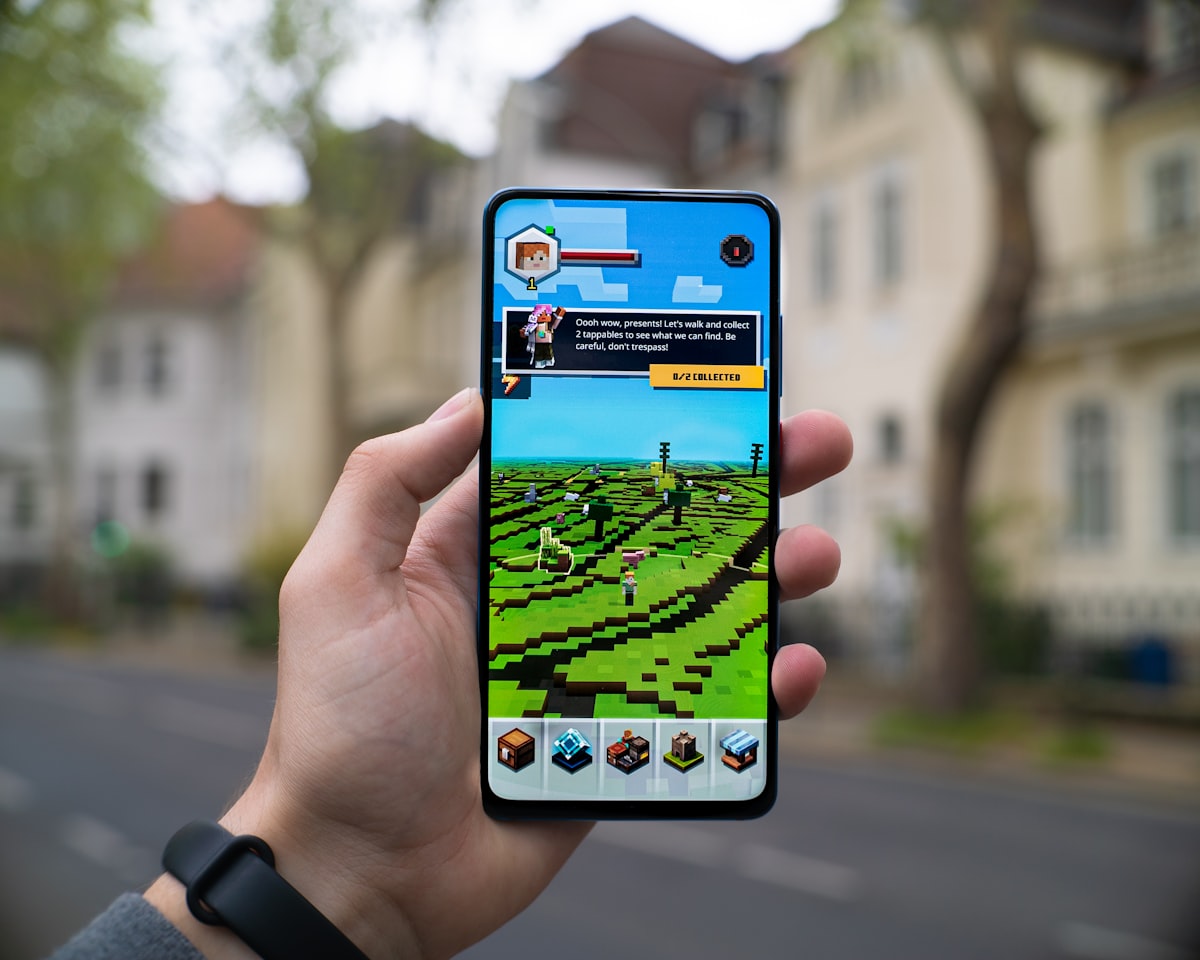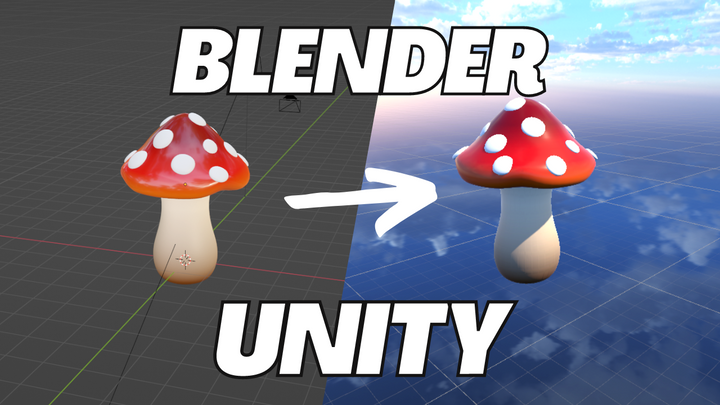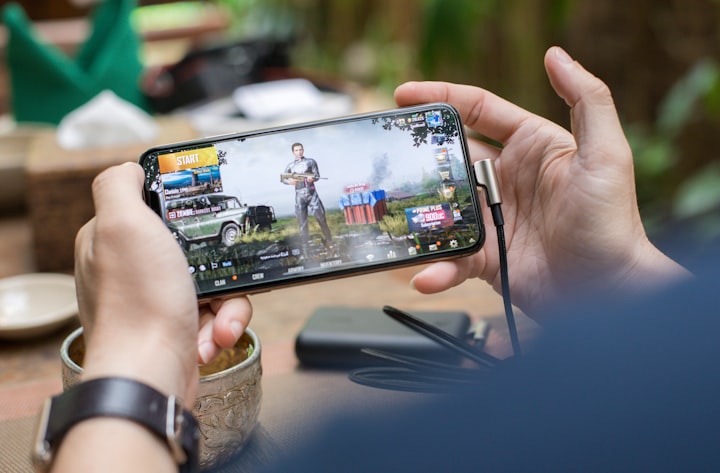Creating a Mobile Game: Is It Worth it?
Having developed and built 2 mobile games on iOS and Google Play, I'm not sure I would do it again.

When I decided on creating my first mobile game, I was drawn to the idea of it because of how accessible it is. Make a free game, add some advertisements, and ship it off to the races.
Now, having built 2 mobile games on Android and iOS, I'm not sure that I would do it again. Or at least, not how I did.
How Hard is it to Create a Mobile Game?
The age-old question, how hard is it to make a mobile game? Well, like everything in game development, it depends on a few factors:
- What type of game are you building? 2D, 3D, puzzle-game, tactical, etc...
- Are you utilizing a template, or building from scratch?
- Are you making all of your own assets and art?
- Are you the primary developer, or will you be hiring help?
- Are you making all of your own music and sounds?
Unique Challenges for Mobile Game Development
While you're not building Skyrim, don't let the simple graphics and cute sound effects fool you. Developing for mobile can be deceptively challenging.
Here's the thing about mobile: it's backwards. It's easy to download a free mobile game. The hard part is getting users to actively play your game and engage on a regular basis. On PC and console, once users buy your game, you've made your money. On mobile, while the ceiling is so much higher, your engagement strategy has to be really solid to have a chance at making any money.
A few things to keep in mind when developing for mobile:
- Download size and complexity. While our phones are amazing technology, they're not at PC level, which means that mobile games can't be overly complex.
- Who is your target market? Will they resonate with the sounds, graphics, and gameplay that you're presenting?
- How will you handle marketing after your game is complete? Will you post solely on your social media, create interactable ads, or post on your blog?
- How will you get users back into your game once they've downloaded?
How Much Does it Cost to Make a Mobile Game?
While this answer widely depends on what you plan to contribute, this can get expensive very fast.
As a solo developer, it cost me $500 to release my second mobile game. Yeesh.
Here's the breakdown:
- Apple Developer Membership — $100
- LLC (so I could have my business name shown and not my personal name shown on the App Store) — $300
- Unity Template — $60
- Icon — $30 (I didn't end up using the icons the artist provided, but it was still a part of the conception phase of the project)
- Push Notification Integration – $10
Some of these are one-time costs, like the LLC setup. And, I will have the Unity Template I used for future projects. However, it will cost me $100 per year to stay an Apple Developer and another $100 to maintain my LLC. However, now that I'm a business, a lot of my costs can be written off which makes the deal a little sweeter, but...it still hurts.
Benefits of Making a Mobile Game
Before I get into why I probably won't do this again, let me talk about the positives that drew me in:
- Mobile games are accessible. Everyone has a phone, and tons of people consistently play mobile games. Not everyone carries around their console, but your game could be in the pockets of thousands, dare I say hundreds of thousand, of people.
- There's no cap on what you can make per user. However, we'll talk about this more below.
- Mobile games are scalable. Once you make your first, you can easily repurpose it for future projects. Change the UI, add some new music, and you have a new game.
- It's a great portfolio piece. If you're looking to get into games, launching a polished mobile game can highlight your art skills, development, strategy, critical thinking, and show off a bit of your personality.
Drawbacks of Creating a Mobile Game
Okay, now let's talk about the drawbacks of creating a mobile game.
- Advertisements generate so little which means that your time and effort can be fruitless. We're talking about $0.02 a user.
- On top of this, people are not likely to want to purchase a game until they've invested a lot of time into it.
- Marketing can be challenging, since a lot of mobile games are puzzle-based, and not story based.
- Constant updates. Since mobile game revenue truly comes from interaction time and not downloads (which I'm about to directly contradict myself), players need to have something to...well, play. There's a reason Candy Crush has over 3,000 levels. To get people to keep playing their game.
- No funding while you're creating. Games that release on PC and other consoles have the luxury of being able to have a kickstarter. In the same vein, once you have a demo prototype, you can start getting publishers interested in your game.
- The level for polish is very high compared to other platforms. If your game isn't polished to the 9's, the uninstall button is just a click away. For this reason, I think it's a good idea to start with a template.
Let's just do some basic math. If I want to make $10,000 on a game, how many users would I need to make that much money?
$0.02 (avg made on mobile per user) * 500,000 (users) = $10,000
Now let's say I wanted to create a game and release it on Steam for a dollar.
$1.00 * 10,000 (users) = $10,000
What if I sold my game for $5.00?
$5.00 * 2,000 (users) = $10,000
In terms of sheer marketing, it's a lot easier to market a story-based game to 2,000 or 10,000 people than it is to market a puzzle game to half a million people. While it might be an easier sell since mobile games are free, there's still a massive hurdle to overcome when it comes to getting users to play your game on mobile.
Additonally, if you're spending marketing dollars on getting users to download your game, you won't really be making any money unless your game is highly engaging and has an engagement plan to draw your users back in.
Final Thoughts
The main takeaway that I've learned by developing mobile games is this:
So much of what makes mobile successful happens after development. Engagement and monetization strategy are crucial in determining the success of your mobile game. Unlike PC and other consoles, how active your users are on a daily basis determines how much you make. This is a double-edged sword, since the highs are really high, and the lows are...almost zero.
That being said, every project is a learning experience, and I am beyond excited to share with you all my upcoming mobile release. Stay tuned, and happy coding!


